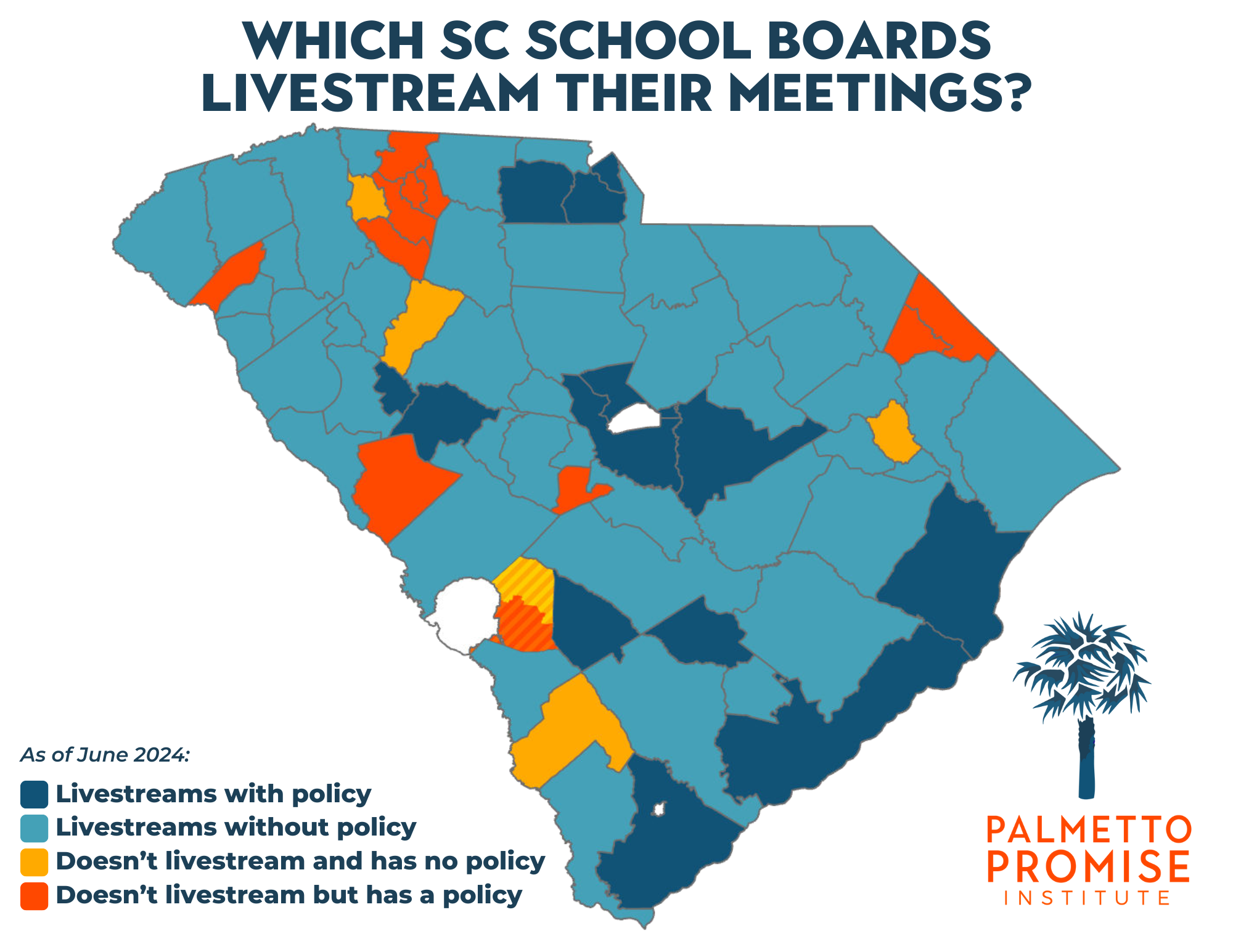“Online Choice Act” Is the Wrong Cure for Reining in Big Tech
Palmetto Promise Institute does not normally weigh in on federal issues. The South Carolina statehouse keeps us quite busy. But from time to time we step in to make our friends and investors aware when Washington is in danger of passing legislation that runs counter to basic Constitutional rights we enjoy as Americans or undermines core free market principles…or both.
Big Tech is a big problem. Whether one is a Republican or Democrat, rich or poor, there is near universal agreement that this massive online oligarchy is out of control. But the proposed solution getting the most attention is in many ways worse than the problem – and it doesn’t even address what concerns us most. Sound familiar?
The “American Innovation and Choice Online Act” (S.2992) is one approach. Introduced in the U.S. Senate by Sen. Amy Klobuchar (D-MN), the goal of this seemingly bipartisan legislation does not include provisions to prevent viewpoint discrimination or the gathering and selling of private information to foreign entities but instead seeks to prevent the “self-preferencing” of online platforms. In layman’s terms, the legislation makes it illegal for large online entities like Amazon or Google, to advertise only their own products, or to prevent competitors from advertising on their platform. The goal is to promote competition by forcing competitors to work together, which, when phrased as such, is revealed for what it is: a denial of basic principles of economics and logic.
Imagine, for example, if walmart.com were to run a sale on some of their Great Value private brand items. This legislation would make it illegal for Walmart to advertise a sale on their website, and could make the sale itself illegal. This proposed bill prevents consumers from accessing in-house brands, like AmazonBasics or Great Value, which are relied upon by consumers as affordable alternatives to name-brand items. What’s more, the vague terms and plainly illogical rules that prevent self-advertising and competition seem to make it illegal for online platforms to prioritize profits at all. Not only does it eliminate competition, but it specifically targets the economy brands consumers rely on most to meet their needs without breaking the bank.
Even Democrat politicians and staffers are becoming wise to this, which is why many previous supporters are now quietly backing away from the proposed bill. They understand that, especially in the current, inflation-ridden economy, this bill will hurt the most vulnerable consumers, and they see no reason to play with this “pet project” while Americans still struggle under the weight of rising prices on basic items.
Frankly, every word of this bill, start to finish, reeks of a selective enforcement scheme, which Conservatives should understand all-too-well. We already know how these schemes work, such as on Twitter and Facebook: purposefully vague terms used to justify the selective application of government rules. This bill, as written, essentially makes it illegal for business competitors to compete online, a feat literally impossible for any profit-based platform to achieve. The result will be higher prices and selective and punitive enforcement of business by the government.
While it is very tempting to support whatever “Big Tech” opposes, this bill is not just bad for Facebook or Amazon, but for consumers, especially those suffering from making ends meet while inflation continues to rise. In the last few years especially, the internet has raised serious moral and legal questions which require serious solutions. But we can say with certainty that Klobuchar’s “American Innovation and Choice Online Act” is not among them, nor does it even attempt to be.








